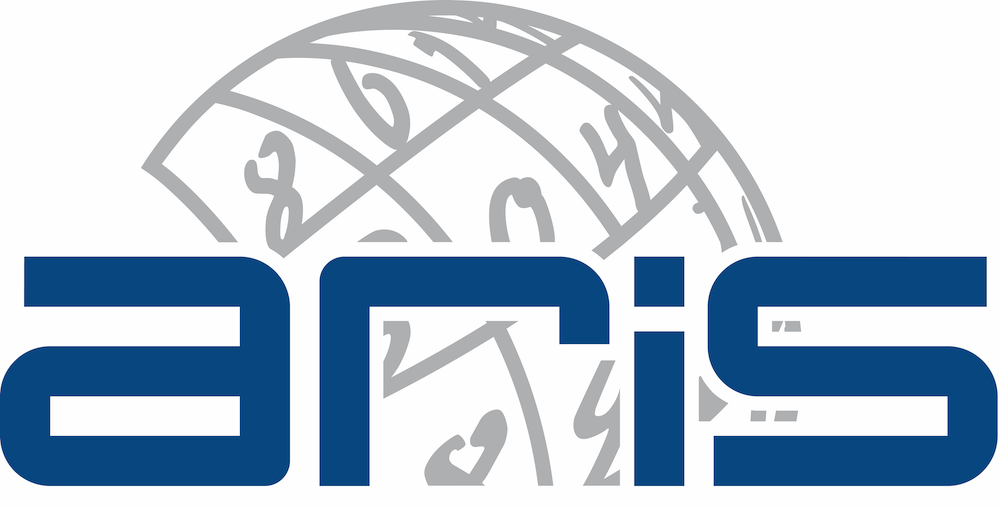Journal of Information Technology in Construction
ITcon Vol. 9, pg. 419-441, http://www.itcon.org/2004/30
Engineering test cases to motivate the formalization of an AEC project model as a directed acyclic graph of views and dependencies
| submitted: | January 2004 | |
| revised: | July 2004 | |
| published: | October 2004 | |
| editor(s): | Turk Z | |
| authors: | John Haymaker Stanford University, Department of Civil and Environmental Engineering, Center for Integrated Facility Engineering email: haymaker@stanford.edu Martin Fischer Stanford University, Department of Civil and Environmental Engineerin, Center for Integrated Facility Engineering email: fischer@stanford.edu John Kunz Stanford University, Department of Civil and Environmental Engineering, Center for Integrated Facility Engineering email: kunz@stanford.edu Ben Suter Stanford University, Department of Civil and Environmental Engineering, Center for Integrated Facility Engineering email: bsuter@stanford.edu | |
| summary: | To perform specific tasks, Architecture, Engineering, and Construction (AEC) professionals construct task-specific engineering views from information in other engineering views. Each view contains project information that is structured for an engineers specific task; engineers are responsible for the information in their respective views. This paper presents industry test cases illustrating that due to the multidisciplinary, constructive, iterative, and unique character of AEC projects, these professionals have difficulty constructing and integrating their task-specific views today. We propose that engineers will benefit from expressive, generic, formal, and simple methods to iteratively construct a view by formalizing its dependency on other views, and control the integration of a graph of these views as the project progresses. This process maps well to the way AEC projects work today and would result in an integrated yet emerging project model consisting of a directed acyclic graph of task-specific views and dependencies. We define requirements for such an approach, and discuss that, while partially satisfying the requirements, existing approaches do not yet provide engineers with tools explicitly designed to enable them to iteratively construct views from other views, and control the integration of a graph of these views as the project progresses. To address these requirements, this paper introduces the Perspective Approach. | |
| keywords: | AEC, project model, dependency, integration, automation, task-specific views, 3D | |
| full text: | (PDF file, 0.77 MB) | |
| citation: | Haymaker J, Fischer M, Kunz J and Suter B (2004). Engineering test cases to motivate the formalization of an AEC project model as a directed acyclic graph of views and dependencies, ITcon Vol. 9, pg. 419-441, https://www.itcon.org/2004/30 |





